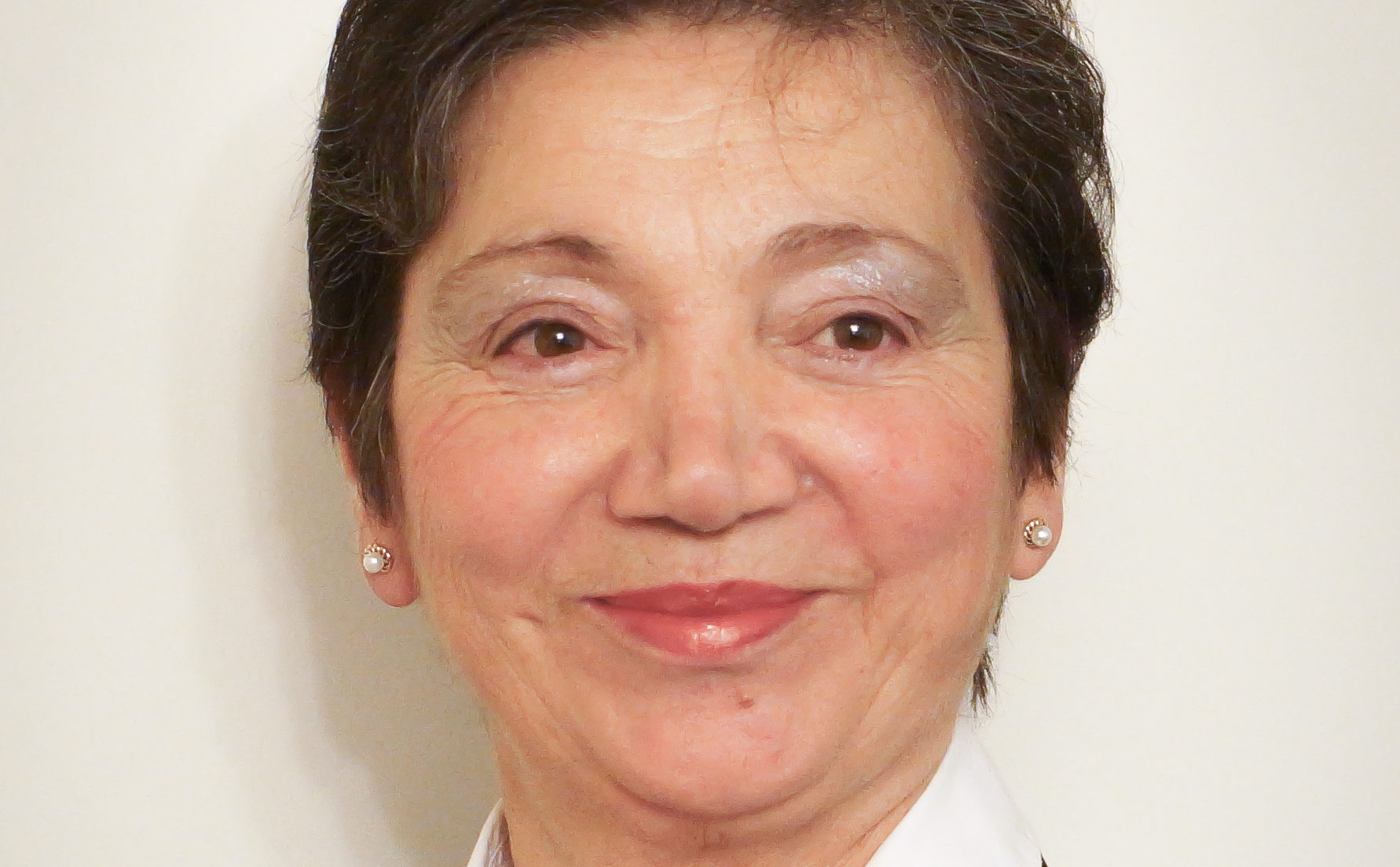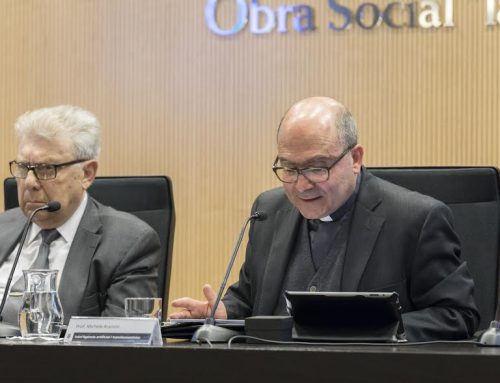Anne Lastman
There are times in life when we are called to enter into the desert or even oasis of our hearts and sit for a while. We are called to stop and listen. We don’t know exactly why we need to detour from our day-to-day life and enter into that place not of our normal except that there is a voice whispering to us to go and enter into this place, telling us insistently to go there.
At times maybe to rest or at other times to even stop and allow those hidden somethings which need to surface. Hidden thoughts. Musings. A place where certain thoughts, hidden passions, fantasies, which lie deeply hidden, comfortably hidden even from our own knowledge but which are so disturbing as to want to remain in the desert alone. Thought so deep that the I must have done it refuses to identify itself and name itself. The heart, where the conscience resides, does not know how to stop being restless or remain silent “Lord, you have created us for yourself and our hearts are restless until we rest in you” (St Augustine), the heart keeps whispering “I did it” What? And so, the desert, or oasis and its silence.
Maybe it can be compared to a bee buzzing around in the head and it won’t go away (some even call it a worm) until it’s given attention. Ignoring it or even thwacking with rolled newspaper, won’t stop the buzzing but giving it attention will. When attention given and bee removed then we have come to the rest and the promise given by God to you (Deut. 12:9).
Bees in scripture represent humility and service and are always connected with the people of Israel and Yahweh God. The nature of the bee is that it flies buzzing, (whisper) pollinates (attention) and can be aggressive (insistent whisper/call) and sting (attention). However, it also gives the purest and sweetest of gifts, honey. A gift delivered through the whispering and buzzing and attention given and delivery of the gift which has also been hidden deeply within the heart, and after healing the loss hidden and changing of the nature of those who taste the sweetness of that gift, the bee disappears.
The bee has been created with its own nature, that is to behave in a certain way, perform a certain task, and then go. The human being, and flying beings, and land beings, etc., are also each created with their own nature. Limited nature, but their own nature, and each nature never crossing or knowing and understanding the other’s. The lower natures cannot ever compete with the nature of the higher and nobler creation, that of mankind. With a complex structure, the human body, with the added dimension brought to it by the “Word,” is a response to the question “who is man that you should care for him Ps8).
Further with the complex structure of human body, together with the nature of the divine “Word” the two natures, human and its complex body, divine and unknowable known. The knowledge of the unknowable knows all about the individual nature of each creation, so the “Word” knows, recognizes and understands both the Divine and the human nature, having lived the natures, each with its own mannerisms, characteristics, modes of being. One with a nature created just a little lower, in his humanity, than the angels (Ps 8) and the other fully divine, above all of creation. Unknowable. Word spoken with all its attraction to his own kind, divine, and the human in the image and likeness of God, one in being with the Father (Jn 10:30). One nature of the “Word” who is divine. A nature of the unknowable whilst his second nature human, with all the human needs requirements, behaviours, attributes and frailties. A nature that was introduced, created by sin and not Father God.
Two natures within one human body, which is the bridge or the key which opens the gateway not only into Eden but with dialogue with the Creator whose own particular language is love. where previously human being lived but was distant from the language of love by the language of silence. Now the divine re calls the human by becoming fully one with them. Within the Logos was and is found the creator and the creation. Co-mingling. One being. One word, one dialogue and so, it truly becomes possible, through the Logos, to see and understand humanity as “children of God” (Jn 1:1) Within the Logos there is a human cell imprinted with the signature of the Father, and the other cell, the Divine being of the same breath as was given to the original creation. The Word, the Logos, called into being by divinity.
The “Word” of all creation is securely fixed in God (In the beginning the Word was with God) and all creation, like the Logos, is gifted and defined in its own essence as to their own development and have fixed within them their own Word for being, their own being, with all its needs for being.
The Word, infinitely indescribable, gives a cell to enliven one new creation(through him, with him, in him, in unity with divine) without in any way diminishing himself, because all that is given to him is given back to the Father, so that creation continues its love for its maker and fulfil their maker’s command to be fruitful and multiply without losing or diminishing itself but for all time to remain one. The Creator, the Logos, the new creation.
The giving of the breath of God, through his Word we are called children of God and are made so by the fact of the Logos was call to give of self to each new creation. For all time. The “Word” from before eternity and time and before existence, as being the continuous image and likeness through which the Logo’s response to the question was. Yes. The Father God, the Logos, the human Jesus, and now new human are interwoven by the spirit and now same at the beginning and will be the same at the end. One. The Father, His word and His word’s “word” (where I am you will be) are united as at the beginning without the diminution of any. The words from the beginning “very good” can be declared because the Word answered Yes to the question “will you” asked by the Father which then repaired the breach in the unity between God and his creation caused by the enemy of the Creator and His Logos. By the enemy of divine goodness, love, charity, patience, humility, and innocence. All lost in the beginning and repaired by the Logos, the divine word spoken.
Before sin, harmony, then loss, and finally a harmonious return without diminishment of the Word, Jesus through his sojourn amidst humanity. whose response to the question was a resounding. Yes
In him we live, move and have our being” (Acts 17:28) the being can again look at the Father together with the Son and love the image and likeness and in return the Image and Likeness (God) will also look at the face of his creation and see his own reflection. God looked at the Redeemed and saw in them the image of his Word and his own image. God looked at God and loved.
The Logos looking at the Father will also love his image (the Father and I are one Jn10:30). The Father, The Word spoken and the creation will look back and see their portion of the breath, which for a time was silenced, now returned, fully reclaimed. Because of the inestimable preciousness of the new creation, the Word became like man for the sake of man. Exchanged his own condition as “Word” of his Father and showed man the true nature of love that that His Father had for his new creation. With this intention (divine love) the Father created the human being to continue being in habitation with him. That is before the temporary loss of that vision brought about by the temptation of the one who lost the honour of being in the presence of the Father and the Word and their love. Instead, the one called into being lower than his status before his great rebellion, God became as man (Jesus) and man returned to their creator in company with the one who lay aside his own greatness to present to his Father the renewed man and experience in joy the mystery of His embodiment as humankind.









